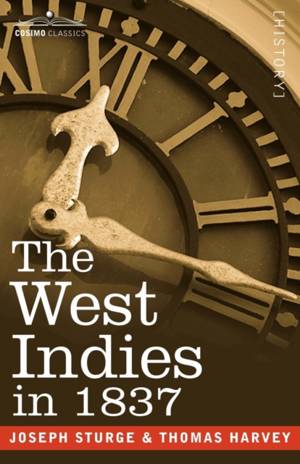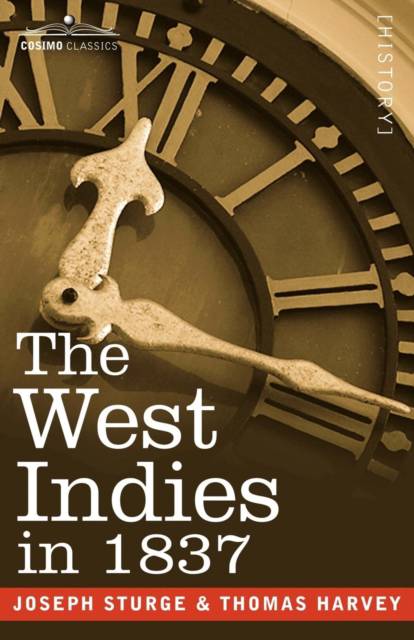
- Afhalen na 1 uur in een winkel met voorraad
- Gratis thuislevering in België vanaf € 30
- Ruim aanbod met 7 miljoen producten
- Afhalen na 1 uur in een winkel met voorraad
- Gratis thuislevering in België vanaf € 30
- Ruim aanbod met 7 miljoen producten
Zoeken
€ 33,95
+ 67 punten
Uitvoering
Omschrijving
In response to reports of brutality toward former slaves in the West Indies, Joseph Sturge and Thomas Harvey journeyed to the region's plantations to investigate the newly instituted apprenticeship system. The result was this vivid exposé, written for "the purpose of ascertaining the actual condition of the Negro population of those islands." Along with Sturge's testimony to Parliament, the book brought an end to the apprenticeship system and reawakened antislavery sentiment in Britain. This near-forgotten chapter in the history of slavery is an early example of muckraking at its best. In the early 19th century, British philanthropist and abolitionist JOSEPH STURGE (1793-1859) was recognized as a powerful symbol of social reform. He also wrote A Visit to the United States in 1841, an examination of slavery in the United States. Fellow Quaker THOMAS HARVEY (1812-1884) also wrote include The Polynesian Slave Trade and Jamaica in 1866.
Specificaties
Betrokkenen
- Auteur(s):
- Uitgeverij:
Inhoud
- Aantal bladzijden:
- 496
- Taal:
- Engels
Eigenschappen
- Productcode (EAN):
- 9781602061323
- Verschijningsdatum:
- 1/03/2007
- Uitvoering:
- Paperback
- Formaat:
- Trade paperback (VS)
- Afmetingen:
- 140 mm x 216 mm
- Gewicht:
- 621 g

Alleen bij Standaard Boekhandel
+ 67 punten op je klantenkaart van Standaard Boekhandel
Beoordelingen
We publiceren alleen reviews die voldoen aan de voorwaarden voor reviews. Bekijk onze voorwaarden voor reviews.











